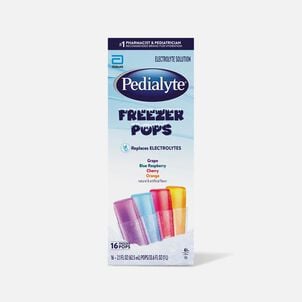If you've got an HSA-qualified high-deductible health plan (HDHP), you already know that you can contribute tax-free money to an HSA. But did you know that you also have the option to take tax-free money out of your IRA and put it into your HSA?
Once the money is in your HSA, you can use it just like any other HSA funds. So you can withdraw it from the HSA, tax-free, to pay qualified medical expenses now or at any point in the future.
But it's a trade-off, since you'll have a smaller pool of money to use to fund your retirement. And just because you can do it doesn't necessarily mean you should. As with any financial situation, you'll want to talk with an accountant or financial adviser to get advice that's specific to your situation.

One sample scenario
Let's say you've been putting money into your IRA for a few years, but don't have much else in the way of liquid savings. You've got HDHP coverage and an HSA, but you haven't put any money into the HSA yet. Then you find out that you're going to need surgery, and you'll have to pay several thousand dollars out of your own pocket.
You have the option to pay your out-of-pocket costs using some other source of money, then fund your HSA over the coming months or years and reimburse yourself, tax-free, from the HSA once you have enough money in it to do so.
The HSA could have a $0 balance when you have the surgery and you can still go this route; you must have already opened the HSA before you incur the medical expense, but you can fund it after the fact and then reimburse yourself later on with the tax-free money from your HSA.
What if you need the money now?
What if you just don't have any non-IRA funds available to pay your out-of-pocket costs for the surgery, and you need the surgery soon, before you'll have time to save up enough money to cover it?
- There's always the option to just pull money out of your IRA to fund life's emergencies, but then you have to pay taxes and an early withdrawal penalty. By transferring the money to your HSA first and then withdrawing it to pay qualified medical expenses, you avoid the taxes and early withdrawal penalty.
To clarify a bit, if you're not using an IRA-to-HSA rollover, income taxes apply to all withdrawals from a traditional IRA, and an additional 10% penalty applies if you withdraw the money before you're 59 ½ years old.
But the IRS will waive the penalty for any portion of the early withdrawal that's used to pay unreimbursed medical expenses in excess of 10% of your income. (This can get complicated, so be sure to talk with a financial adviser if you're considering this alternative.)
And what if you're nearing retirement age?
Chances are, you'll have significant medical expenses in your golden years. If you've got money in a traditional IRA, you'll be able to withdraw it, penalty-free, once you're 59 ½ years old, and use if for whatever you want, including medical bills — but you'll pay income taxes on the withdrawals.
On the other hand, if you make a one-time IRA-to-HSA rollover, the money can then continue to grow in your HSA, and will be both penalty-free and tax-free when you eventually withdraw it to pay medical bills.
Obviously, it's a tradeoff when you're shifting money from a retirement account to an HSA. You'll have less money in your retirement account and more money in your HSA, and there are pros and cons to this that will vary from one person to another.
And as with anything having to do with the IRS, there are rules that apply to IRA-to-HSA rollovers. Stay tuned next week, when we'll explain how they work.


.png)
















